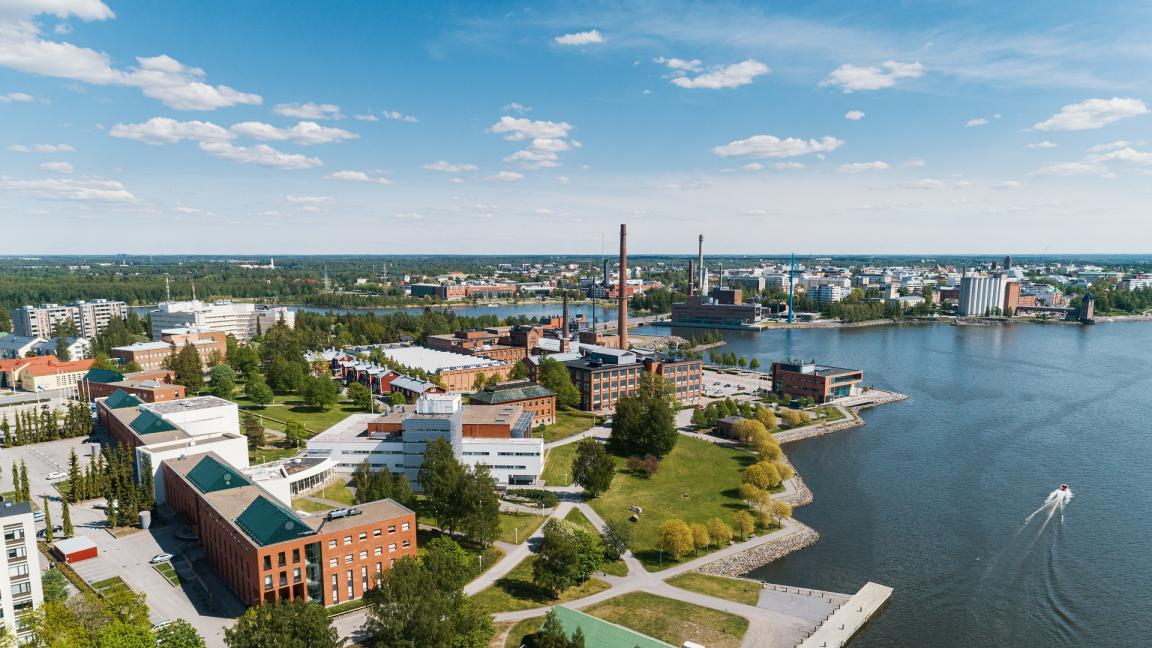The project funding from the European Urban Initiative (EUI) programme supports new solutions to challenges in sustainable urban development. The aim of the programme is to develop and scale up effective solutions across the European Union. A total of 110 applications were submitted, and funding was granted to 20 projects.
– This funding is proof that our entire EnergyVaasa ecosystem is a frontrunner in the green transition, says Suvi Aho, project lead and Strategy Manager at the City of Vaasa.
Integrating electricity and heat into one efficient system in Vaskiluoto
As the Nordic energy capital, Vaasa will develop comprehensive solutions that support the clean energy transition. The project, titled Nordic Energy Capital – Creating system level urban energy transition, is led by the City of Vaasa, with project partners including the University of Vaasa, Vaasan Sähkö Oy, EPV Oy, Merinova Oy, and the Vaasa 4H Association.
The project will demonstrate how electricity and heat can function together as an efficient whole.
– Sustainable energy and solving the implementation of the energy transition are at the heart of the University of Vaasa's strategy, and we play a significant role in this project. Our multidisciplinary project team focuses on modeling energy systems, creating digital twins, utilising space data for energy efficiency, as well as monitoring the project and assessing its impact. Additionally, we are involved in stakeholder collaboration and transferring the knowledge and expertise gained from the project to enable the solution's replicability, says Research Programme Manager Karita Luokkanen-Rabetinofrom the University of Vaasa.
A digital twin of the Vaskiluoto energy system will be created to support the planning and development of sector coupling. This digital twin enables innovative solutions, such as simulating high-temperature heat pumps currently under development. It also explores average heat profile analysis in high energy consumption industrial areas and the integration of the heat profile into the energy system.
Developing energy solutions together with residents
A full system-level energy transition requires citizen involvement and the shared use of precise energy efficiency indicators.
– In this project, we will work together with residents to study satellite and energy data, combining it with the city’s geospatial information to evaluate energy efficiency. We are developing an interactive application that will help change the way we think about, manage, and consume energy – based on data, says Aho.
The model will help detect heat and cooling loss both in the energy network and in the urban structure. Aho says that Thanks to local energy expertise and Finland’s advances in space technology, both Vaasa and Finland are well positioned to play a key role in developing system-level solutions.
